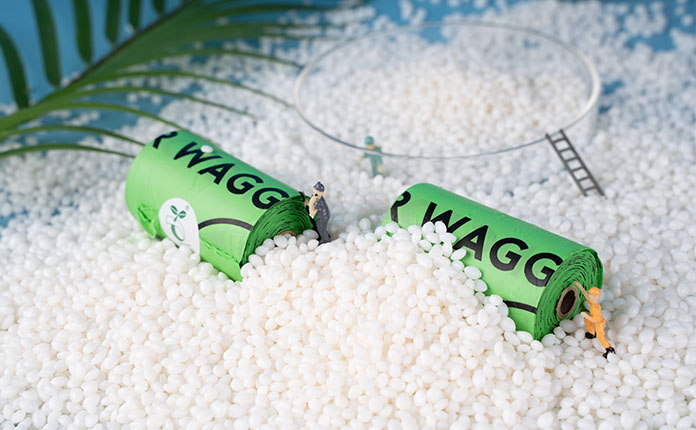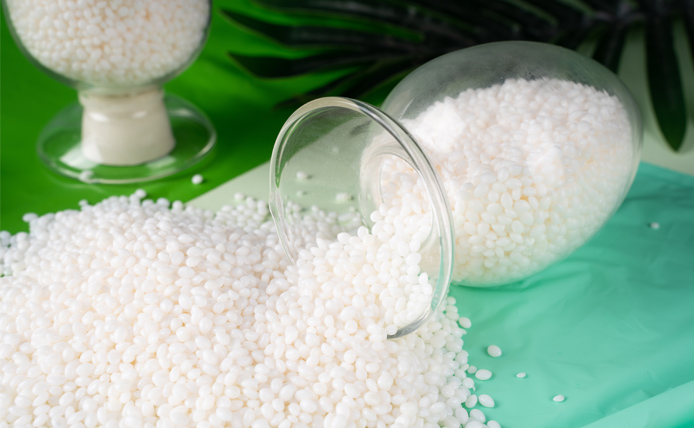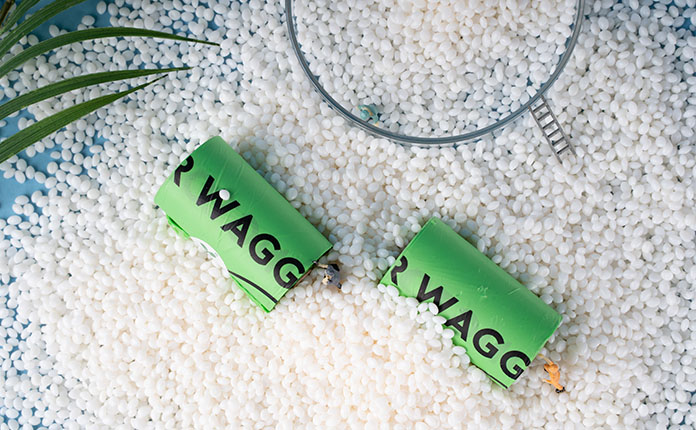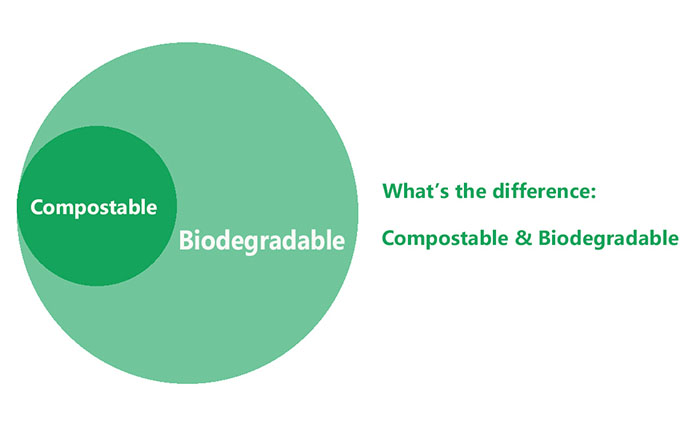Cornstarch Compostable Bags
These cornstarch bags and dumpster liners are a great innovation for those looking to be more environmentally friendly. We offer a wide range of sizes and styles. Whether you have a commercial or private kitchen, they are sure to meet your needs. Our line of cornstarch bags and garbage can liners are home compostable. This allows them to decompose quickly and easily, minimizing their impact on the environment.
If reuse is not possible, our produce/grocery bags are a great option. If you want to keep your kitchen clean and tidy, don't overlook our range of eco-friendly garbage can liners, which are perfect for composting.
Offering a variety of home compostable options
Garbage can liners and clear produce bags are great for commercial or private use
Home and commercial compostable
















